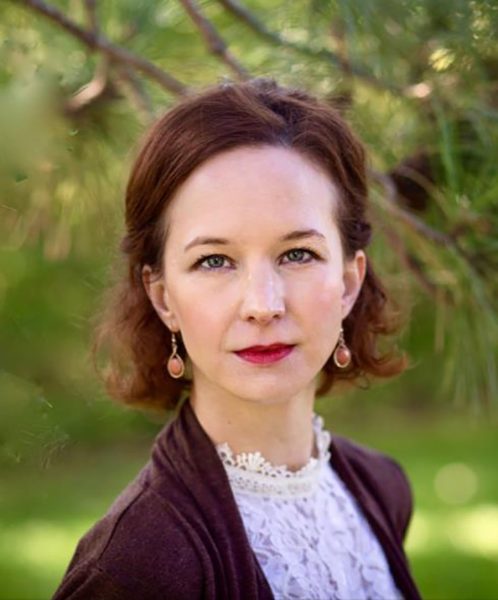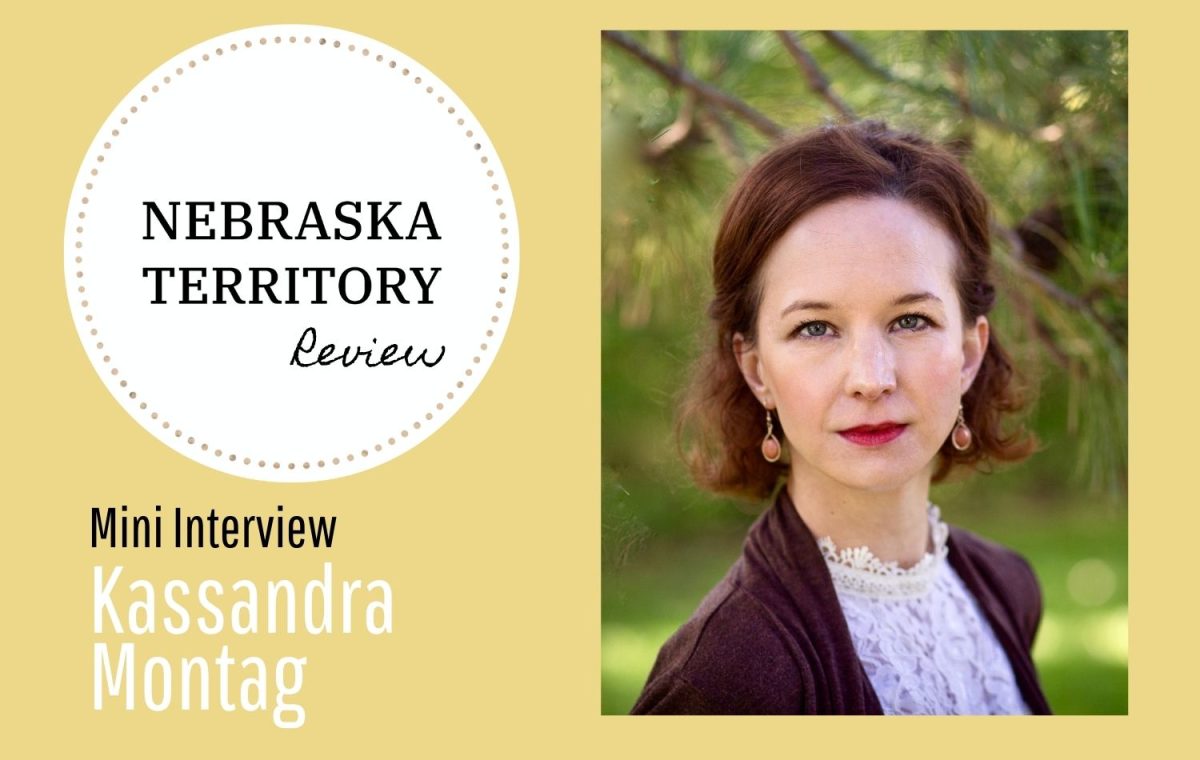How did you get into writing? Do you remember your first piece of writing?
When I was around three or four, I loved to tell stories by drawing pictures. Once I could write, I would invent imaginative tales, pairing words with pictures. When I was in second grade I wrote my first series of books, about a wolf-dog and his owner, and the adventures they would go on together. Looking back, I think they were inspired by Gary Paulsen books.
How did you decide which poem to use to title your collection?
I actually chose the title of the collection first, and after I titled the collection, a poem came to me, which I then included in the collection. The title came about because a unifying thread of the book is the different voices—I do not write poems primarily from my perspective, but through other speakers. In this way, the book is a chorus. The underground sea references both the haunting nature of what we’re not always aware of consciously, and also the underground sea in the Great Plains—the setting of many of these poems.
Has being published in multiple languages affected your writing, and if so, how?
It hasn’t really affected my writing. It feels separate from me and my work—which is at home and alone. That is my lived experience. I have the books in foreign languages on my bookshelf, but it feels like they are maybe someone else’s. This detachment might be useful in some ways—it keeps the focus on the work.
What author has inspired you the most?
Probably Margaret Atwood because she has written in many different forms—poetry, fiction, children’s books—and also in many different genres.
Do you have a writing routine or any methods that you use?
I have habits—I am always reading, and often deconstructing what I read through journaling. I am not always writing in the sense of drafting—the process of a book will look a little different depending on what stage I’m in—conceptualizing/researching, writing, or revising.
If I am drafting, I typically have a word count I aim for each day. Often my best ideas, writing, or revising come when I’m not actively trying—when I’m driving, watching my kids play outside, or picking them up from soccer practice.
What inspires your writing?
Mostly other books, my own life, and the conversations I have with friends. I especially like turning to mythology when I need some inspiration. There is always so much for the imagination—so many stories and ideas—that the real issue I have is filtering out what is best to keep and work on, and let the rest go.
What is the hardest thing about writing, and how do you work through it?
The hardest thing about writing might be what Virginia Woolf references when she talks about the “indifference of the world” and how that indifference can become hostility. Anytime something personal enters the marketplace there can be an uncomfortable tension.
Making things and sharing them always involves some risk and the release of control, so I work on accepting whatever comes my way.
Are you working on anything currently?
I’m working on a few new novels—but I can’t give any details away quite yet.
What advice would you give to aspiring writers?
I got advice when I was a young writer to read broadly—from the past, as well as the present—as well as in all different forms. It probably won’t help you get published, but it will give you a sense of the literary tradition you’re operating in. And feeling part of that club—which is rich and diverse—feels better than accolades and is more lasting.
Is there anything else you would like to add?
I’m grateful to readers, writers, librarians, teachers, editors, and booksellers—and everyone else involved in keeping the literary community alive and well.
 About the Author
About the Author
Kassandra Montag grew up in rural Nebraska and now lives in Omaha with her husband and two sons. She holds a master’s degree in English Literature, and her award-winning poetry and short fiction has appeared in journals and anthologies, including Midwestern Gothic, Nebraska Poetry, Prairie Schooner, and Mystery Weekly Magazine. In 2021, she won an Individual Artist Fellowship from the Nebraska Arts Council. She is the author of a poetry collection (Chorus of the Underground Sea) and two novels (After the Flood and Those Who Return). Her work has been published in fifteen languages and has been optioned for film.



